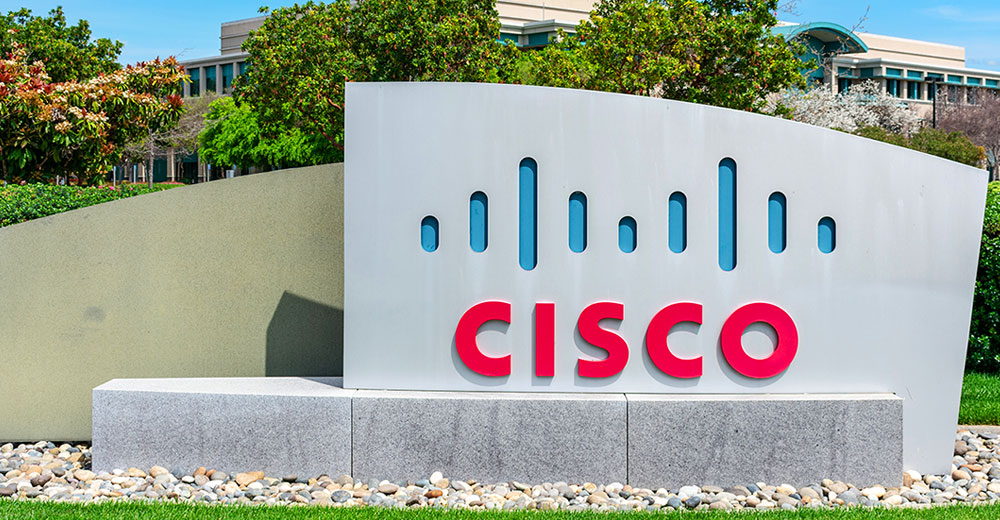
Someone has floated a trial balloon, through a leak to The Wall Street Journal, that IBM is in “talks” to buy Sun Microsystems for US$6.5 billion. The only party that would leak this information is Sun itself, and it smacks of desperation in trying to thwart an unwanted acquisition, or to positively impact another deal that Sun is weak in.
If IBM wanted to buy Sun it would have done so years ago, at least on the merits of synergy and technology. If IBM wanted to buy Sun simply to trash the company, plunder the spoils and do it on the cheap — the time for that was last fall.
So more likely, given that Sun has reportedly been shopping itself around (nice severance packages for the top brass, no doubt), is that Sun has been too successful at selling itself — just to the wrong party at too low of a price. This may even be in the form of a chop shop takeover. The only thing holding up a hostile takeover of Sun to sell for spare parts over the past six months was the credit crunch, and the fact that private equity firms have had some distractions.
Contrasting Open Source Strategies
By buying Sun, IBM gains little other than some intellectual property and mySQL. IBM could have bought mySQL or open sourced DB2 or a subset of DB2 any time, if it wanted to go that route. IBM has basically already played its open source hand, which it did masterfully at just the right time. Sun, on the other hand, played (or forced) its open source hand poorly, and at the wrong time. What’s the value to Sun for having “gone open source?” Zip. Owning Java is not a business model, or not enough of one to help Sun meaningfully.
So, does IBM need chip architectures from Sun? Nope, has their own. Access to markets from Sun’s long-underperforming sales force? Nope. Unix? IBM has one. Linux? IBM was there first. Engineering skills? Nope. Storage technology? Nope. Head-start on cloud implementations? Nope. Java license access or synergy? Nope, too late. Sun’s deep and wide professional services presence worldwide? Nope. Ha!
Let’s see … hardware, software, technology, sales, cloud, labor, market reach … none makes sense for IBM to buy Sun — at any price. IBM does just fine by continuing to watch the sun set on Sun. Same for Oracle, SAP, Microsoft, HP.
Doesn’t Make Sense
With due respect to Larry Dignan on ZDNet, none of his reasons add up in dollars and cents. No way. Sun has fallen too far over the years for these rationales to stand up.
Only in playing some offense via data center product consolidation against HP and Dell would buying Sun help IBM. And the math doesn’t add up there. The cost of getting Sun is more than the benefits of taking money from enterprise accounts from others. [Disclosure: HP is a sponsor of BriefingsDirect podcasts.]
The cost of Sun is not cheap, or at least not cheap like a free puppy. Taking over Sun for technology and market spoils ignores the long-term losses to be absorbed, the decimated workforce, the fact that Cisco will now eat Sun’s lunch as have the other server makers for more than five years.
Any Other Takers?
So who might buy Sun on the cheap, before Sun’s next financial report to Wall Street? Cisco, Dell, EMC, Red Hat. That’s about it for vendors. And it would be a big risk for them, unless the price tag were cheap, cheap, cheap. Anything under $4 billion might make sense. Might.
Other buyers could come in the form of carriers, cloud providers or other infrastructure service provider types. This is a stretch, because even cheap Sun would come with a lot of baggage for their needs. Another scenario is a multi-party deal, of breaking up Sun among several different kinds of firms. This also is hugely risky.
So my theory — and it’s just a guess — is that today’s trial balloon on an IBM deal is a last-ditch effort by Sun to find, solidify, or up the price on some other acquisition or exit strategy by Sun. The risk of such market shenanigans only underscores the depths of Sun’s malaise. The management at Sun probably sees its valuation sinking yet gain to below tangible assets and cash value when it releases its next quarterly performance results. … Soon.
The economic crisis has come at a worst time for Sun than just about any other larger IT vendor. Sun, no matter what happens, will go for a fire sale deal — not a deal of strength among healthy synergistic partners. No way.
Dana Gardner is president and principal analyst at Interarbor Solutions, which tracks trends, delivers forecasts and interprets the competitive landscape of enterprise applications and software infrastructure markets for clients. He also produces BriefingsDirect sponsored podcasts.














































